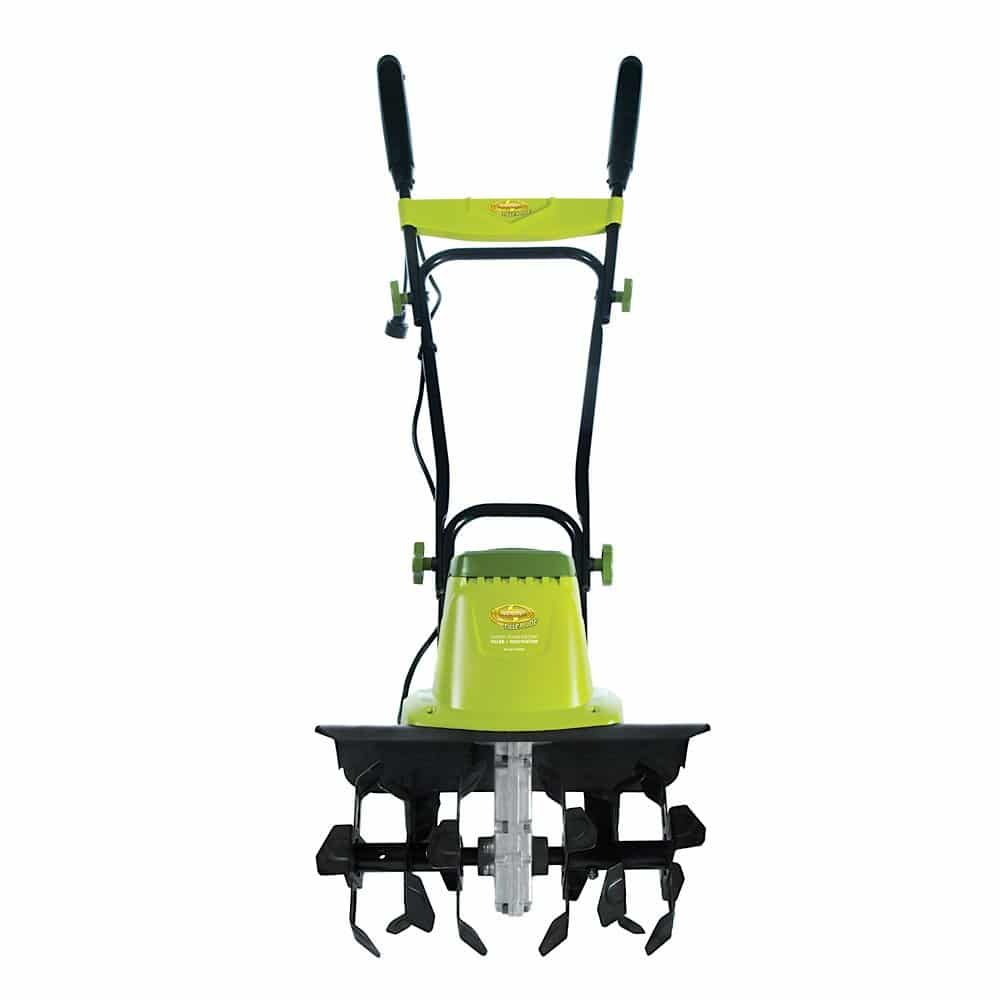Are ant hills taking over your yard? Don’t worry, we’ve got you covered. In this article, we’ll share effective methods to help you get rid of ant hills, ensuring you regain control of your outdoor space. No more pesky ants ruining your lawn or garden!
Ant hills can be a nuisance, but with the right techniques, ant hill removal becomes a breeze. Whether you prefer natural remedies or chemical solutions, we’ll provide you with a range of options to suit your preferences and needs. Say goodbye to those ant hills once and for all!
Ready to eliminate those stubborn ant hills in your backyard? Let’s dive in and discover the most effective ways to eliminate ant hills and reclaim your yard.
Understanding Ant Hills and Their Function
Ant hills serve as the entrance to an ant colony and play a crucial role in keeping the colony safe and functional. They are designed to keep water out, regulate temperature, and defend against predators.
The structure of an ant hill is fascinating. Different species of ants build their hills using various materials, resulting in a range of shapes and sizes. The construction of the ant hill depends on the species of ant and the environment in which they live.
Ant colonies vary in size and depth. Some species create small ant hills with shallow tunnels, while others build larger, more complex mounds that can span several feet in diameter and reach up to 13 feet deep.
Understanding the structure and function of ant hills is essential for effectively getting rid of them. By comprehending how ants build their colonies and the purpose that each part of the ant hill serves, you can employ targeted methods to eliminate and prevent ant infestations in your yard.
Effective Methods to Eliminate Ant Hills
When it comes to getting rid of ant hills, there are several effective methods you can use. Depending on your preferences and the severity of the infestation, you can choose the method that suits you best.
1. Ant Bait: Using ant baits that are specific to the ant species can be highly effective. When ants consume the bait, they carry it back to the colony, including the queen. This leads to the demise of the entire colony. Make sure to place the bait near the ant hills for maximum effectiveness.
2. Drenching the Mound: Another method involves drenching the ant mound with water mixed with an insecticide. This ensures that the entire colony is exposed to the insecticide, effectively eliminating it. Follow the instructions on the insecticide product carefully for safety and efficacy.
3. Boiling Water: DIY ant control can be as simple as pouring boiling water directly into the ant mounds. The hot water floods the tunnels and suffocates the ants, effectively getting rid of the colony. Be cautious when handling boiling water to avoid burns.
4. Natural Remedies: If you prefer natural methods, there are a few remedies you can try. Soap water, carbonated water, or boiling water with dish soap can be effective in killing ants. Mix these ingredients and pour the solution directly into the ant mounds. Repeat the process as needed until the ant hills are completely eradicated.
Each of these methods has its own advantages and considerations. Ant bait and drenching the mound are suitable for larger infestations, while boiling water and natural remedies can be effective for smaller-scale problems. Choose the method that aligns with your situation and preferences to effectively eliminate ant hills from your yard.
Precautions and Preventive Measures
To prevent future ant infestations, it is crucial to take precautionary measures in addition to getting rid of existing ant hills. By implementing these preventive measures, you can ensure a long-term solution to your ant problem.
Regular Decluttering:
Regular decluttering and cleanup around your home can significantly reduce ant attraction. Ants are attracted to food sources, so keeping your home clean and free from crumbs, spills, and food debris will make your space less appealing to these pests.
Sealing Entry Points:
To prevent ants from invading your house, it is important to seal any cracks, holes, or other entry points they may use to access your home. Pay close attention to openings around windows, doors, pipes, and utility lines. By blocking these entry points, you can effectively keep ants out of your living spaces.
Trimming Foliage:
Ants often establish nests near your property by using foliage as a shelter. To discourage them from doing so, regularly trim foliage away from your house and create a clear perimeter. This will make it harder for ants to find suitable nesting spots near your home.
Stacking Firewood:
If you have firewood stored near your home, make sure to stack it away from the house. Piles of firewood create warm and moist environments that attract ants. By keeping firewood stacked at a distance, you can minimize ant activity near your property.
Additionally, it is recommended to treat your yard quarterly with preventive insecticide applications. This proactive approach provides long-term protection against ant infestations, ensuring that your outdoor space remains free from these troublesome pests.
Can the same solution for eradicating ant hills be used for removing a dangerous tree from a neighbor’s property?
When it comes to handling dangerous neighbor’s tree, it’s important to consider the unique challenges of removing a hazardous tree from someone else’s property. While the approach for eradicating ant hills may not directly translate, professional assistance and legal considerations should be top priorities.
Conquer Your Ant Hill Woes
Are you tired of dealing with pesky ant hills in your yard? Don’t worry, there are effective ways to remove them and reclaim your outdoor space. By understanding the structure and function of ant hills, you can choose the most suitable method for removal.
One of the recommended methods is using ant baits that are designed to target specific ant species. These baits are carried back to the colony, including the queen, resulting in the elimination of the entire colony. Alternatively, you can drench the ant mound with water mixed with an insecticide, ensuring that the entire colony is exposed to the treatment.
For a more natural approach, consider using boiling water to flood the ant tunnels and suffocate the ants. Soap water, carbonated water, or boiling water mixed with dish soap can also be effective natural remedies. Remember to follow the recommended guidelines for each method to ensure success and safety.
In addition to removing existing ant hills, taking preventive measures is crucial to avoid future infestations. Regular cleanup and decluttering around your home eliminate potential food sources for ants. Sealing cracks, holes, and other entry points can prevent ants from invading your house. By implementing these strategies, you can effectively control ants and reclaim your yard, creating an ant-free outdoor space for you and your family to enjoy.











